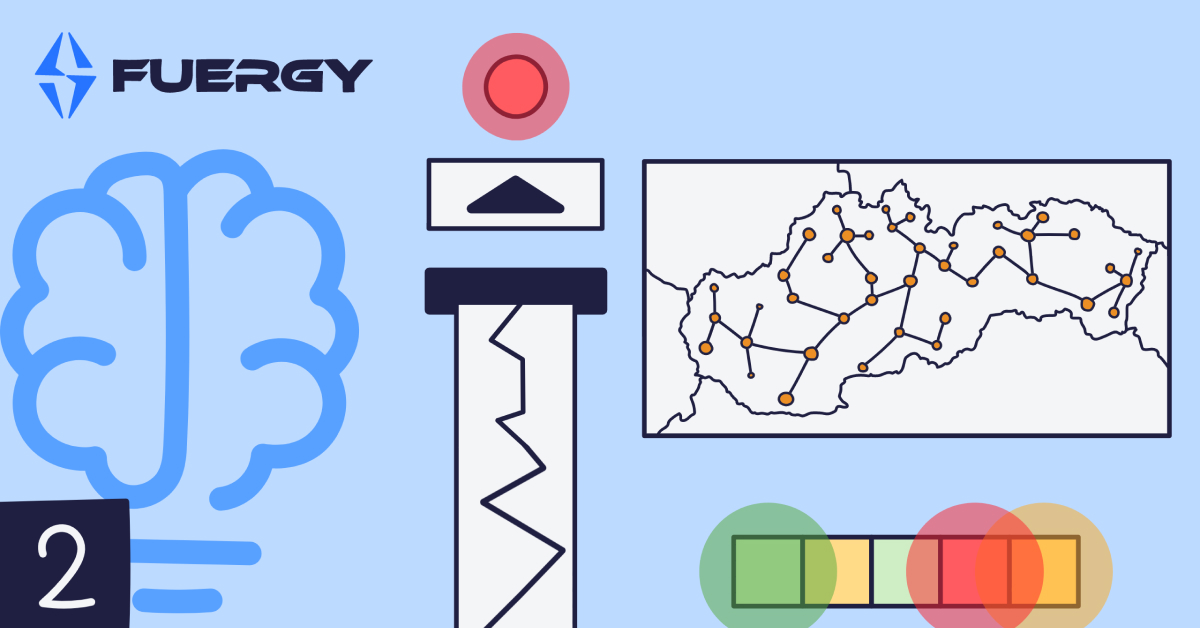
Find below some basic terms from the world of energy that will help you better navigate this rapidly changing segment.
Battery storage: device used to store electrical energy produced anywhere including from renewable sources such as solar panels. Stored energy can then be used when renewable sources are not available to produce electricity. In the case of solar energy, in the morning or evening hours for example. The modern version is smart battery storage, which you can learn more about on our website in the brAIn section.
Photovoltaics: technology that enables the direct conversion of solar energy into electrical energy using solar panels. These are an important part of the transition to sustainable and renewable energy.
Low-carbon economy: an economy that relies on energy sources with low emission of greenhouse gasses into the atmosphere. The primary motivation for such an economy is protection of the environment and the prevention of long-term climate changes that could have a negative impact on society and our natural ecosystems.
Renewable energy: Energy obtained from a source that is not exhausted through its use. This includes water, wind, solar and thermal energy, as well as biofuels.
Carbon dioxide (CO2): The most widespread and well-known greenhouse gas, which is produced by the combustion of fossil fuels and other human activities, such as deforestation and biomass burning.
Greenhouse gases: Gasses that absorb heat in the atmosphere creating a "greenhouse effect" by trapping warm air. They can occur naturally, but are primarily created by human activity, like burning fossil fuels such as coal, oil and natural gas.
Solar surpluses: When solar panels produce more energy than is needed at a given time. It can be stored in batteries or sent to the power grid.
Carbon neutrality: A balance between carbon emission and absorption from the atmosphere via capture devices. Simply put, it is the amount of greenhouse gasses that we release into the atmosphere as a result of our activities, balanced by what we can remove or compensate for.
Hydropower: The use of water flows for the production of electricity. Since water is cyclically renewed through a natural process, for example the evaporation of rain and runoff from rivers and lakes, it is considered a renewable form of energy.
Are you ready to be part of the renewable energy revolution and take your energy independence to the next level? Contact us today! Our experts are here to help you find a tailor-made solution to your needs.
New dimension of energy optimization





